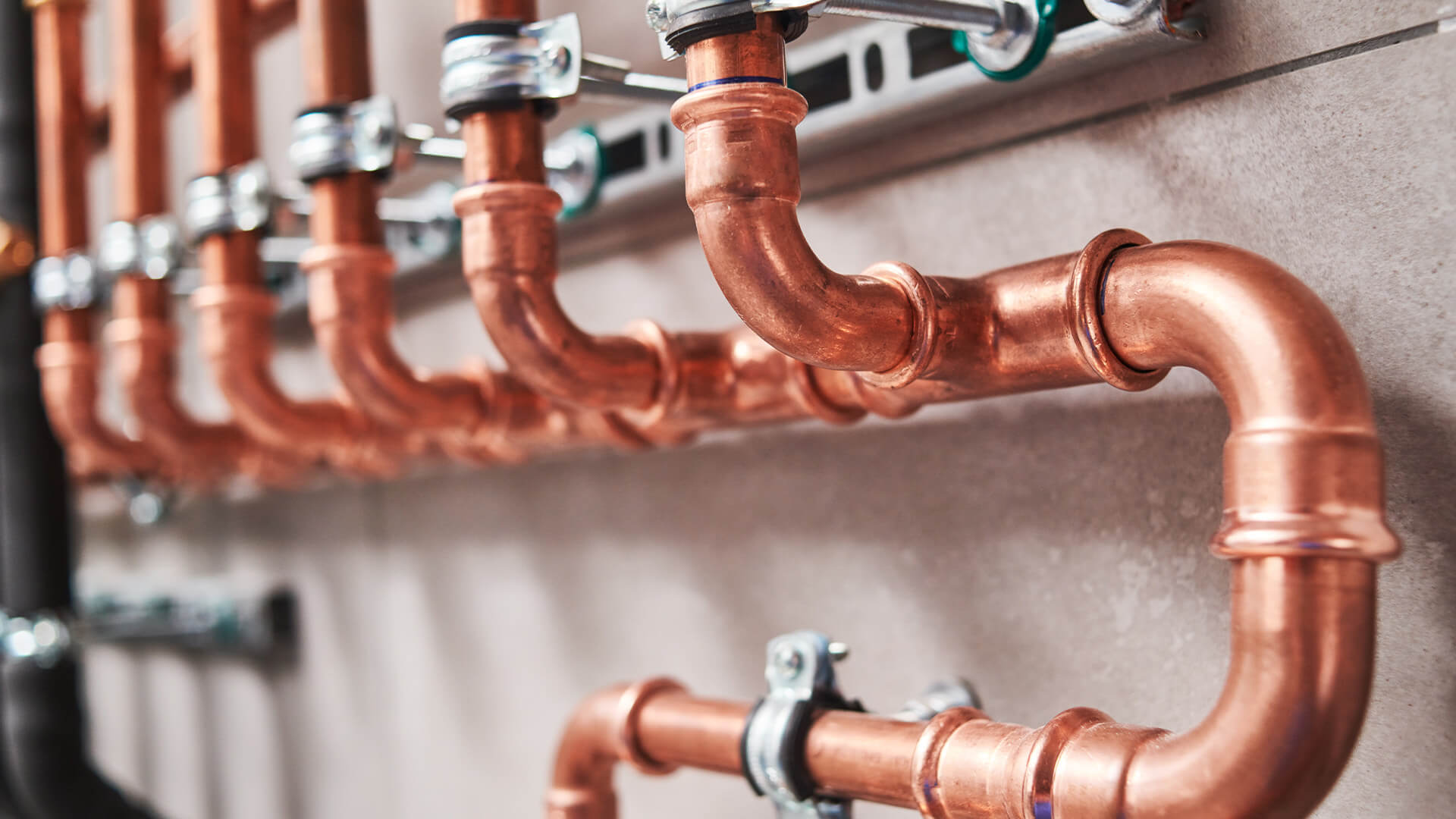Plumbing is one of the foundational elements of every home. After all, no one wants to get stuck without running water in the middle of the winter cold or during the scorching heat of the summer. Indeed, having a reliable, long-lasting, and sanitary plumbing system is among the basic minimums of living a comfortable life.
Due to the improvements in plumbing technology and the new materials used for creating pipes, plumbing has more and more been included in DIY projects. While the overall technical expertise needed to install a functioning plumbing system has decreased compared to just a couple of decades ago, some things are still better left to the professionals. Indeed, locating and dealing with certain problems or installing pipes through a particularly intricate section of the house should be handled by experienced technicians.
When looking for a suitable plumbing service in your area, for example, a plumber in London, find one with a history of satisfied customers such as Staunch & Flow. Another essential requirement is to avoid services with hidden fees or ones that frequently include unexpected costs in the final bill. Having no call-out charges is also a great benefit that could decrease the price, especially when dealing with a severe emergency.
DIY Plumbing Tips
When embarking on a DIY project, it is paramount to take into account all elements of the interior. If you plan to have visible piping in the kitchen, it should not clash with the tiles, paint, cabinets, etc. Even relatively minor adjustments, such as changing the handles and hinges, could significantly impact the overall atmosphere and look of the space.
As for plumbing, one of the best things you can do to prevent future issues is to stop pouring fats, grease, or cooking oils down the drain. Although there will be zero issues at first, when the grease and oils cool down, they solidify and start to stick to the inside walls of the pipes. Over time, this build-up could reach critical mass and clog the pipe entirely. These backups can affect not only your home but also any other households connected to the same water supply. So, instead of simply pouring oil and grease in your kitchen sink, wait for them to cool down and wipe the frying pan with a paper towel that you can safely throw away in the garbage.
Copper Pipes
When planning your plumbing system, choosing the right material for the pipes is crucial. Nowadays, there are plenty of options on the market, each with distinct advantages and disadvantages. Copper pipes are a classic choice that has withstood the test of time and is still popular even today.
Two of the main characteristics that make copper particularly well-suited for plumbing are its durability and safety – copper is not prone to leakage or corrosion while preventing the growth of bacteria and not polluting the water with unwanted chemicals. Copper also has satisfying longevity, with most systems enduring for 50+ years. An added benefit for environmentally conscious households is that copper can be recycled after the pipes have been replaced with new ones.
As for the negative aspects of the material, the one that stands out the most is the price. Copper is among the more expensive options due to the commodity’s price shooting upward for the past couple of years. Another downside is that copper mining and manufacturing have a negative impact on the environment. As a result, despite being a recyclable product, copper is not recognized as a “green” one.
PVC and CPVC Pipes
PVC (Polyvinyl chloride) is a material that has emerged as a preferred choice for plumbing pipes in recent years. It has supplanted the previously used materials by offering far better longevity, ease of use, and the ability to handle pressure. Indeed, if the PVC pipes do not experience any damage caused by unexpected sources, they could remain active indefinitely, a feat that no metal piping can come even close to matching. In addition, PVC pipes do not require any soldering when being installed because they are essentially glued together. As for the price, PVC is far cheaper than many of the other options and especially when compared to copper.


































